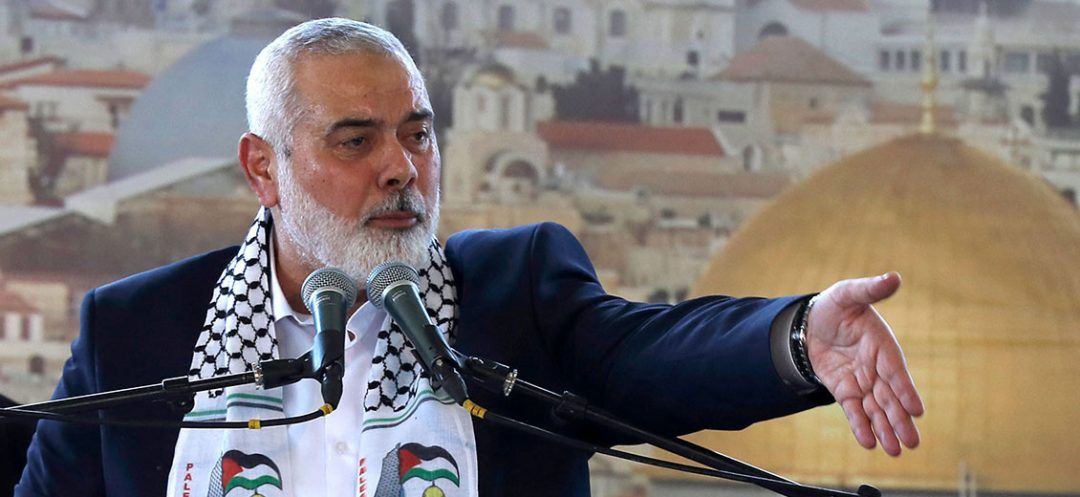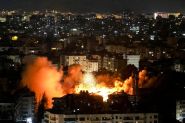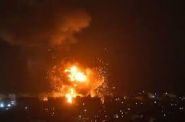- Home
- War in the Middle East
- The Impact of Haniyeh's Death on Gaza Talks

Negotiations over the Gaza ceasefire and hostages have already been complex. How might they shift following the death of Hamas leader Ismail Haniyeh, killed on Tuesday night in Iran?
Hamas political leader Ismail Haniyeh was killed on Tuesday night in an Israeli strike in Iran, where he was attending the investiture of the new Iranian President, Masoud Pezeshkian.
This event entirely changes the situation, as Haniyeh was a key figure in the Israeli-Palestinian conflict. He was not only seen as one of the organizers of the October 7 Hamas attack on Israel, but he also played a crucial role in the ongoing Gaza negotiations, which have been at a standstill for months.
As recently as July 29, Israel and Hamas were accusing each other of sapping ceasefire talks in Gaza and obstructing the return of hostages by imposing new conditions.
In April, Hamas reported that three of Ismail Haniyeh's sons and four of his grandchildren were killed in Israeli airstrikes.
Haniyeh had stated at the time, “Anyone who thinks that attacking my children during negotiations and before an agreement is reached will push Hamas to change its position is delusional.”
Now that he has been killed in an Israeli airstrike in Iran on Tuesday night, what will happen to the talks regarding Gaza’s fate?
Areepen Uttarasin, a Thai politician and former hostage negotiator in Gaza, quoted by the British agency Reuters, asserted that “the Hamas leader's assassination will make negotiations and de-escalation efforts more challenging.”
“Things will become more violent, and the situation will rather deteriorate,” he added on Wednesday. He also emphasized that “this assassination is particularly serious because it occurred in Iran,” highlighting that “Hamas's adversaries are capable of striking anywhere.”
For his part, Barak Ravid, a political and foreign policy analyst for CNN, has suggested that Haniyeh’s death could significantly impact the ongoing negotiations regarding Gaza, even though Israel does not view him as having military significance.
According to Ravid, the Israeli government perceives Haniyeh as a key figure responsible for the Hamas attack on October 7.
In parallel, Israeli Prime Minister Benjamin Netanyahu is set to hold a “situation assessment” meeting on Wednesday concerning Haniyeh's death, according to The Washington Post. The meeting is expected to be held in Tel Aviv, at the Kirya military base, the Ministry of Defense’s headquarters.
Ismail Haniyeh was based in Qatar, which has hosted the Hamas political bureau since 2012 at the request of the United States. However, in April, Secretary of State Antony Blinken conveyed a message from Washington urging Qatar to expel Hamas members if the group persisted in rejecting ceasefire proposals.
Qatar has been actively involved for months, alongside Egypt and the US, in negotiations to achieve a ceasefire in Gaza.
However, Qatari Prime Minister Mohammed bin Abdulrahman Al Thani questioned on Wednesday even the possibility of continuing the process, casting doubt on Qatar's role as a mediator.
“Political assassinations and the ongoing targeting of civilians in Gaza (...) raise the question of how mediation can succeed when one party is assassinating the negotiator of the other side,” the Qatari Prime Minister wrote on his X account. “Peace requires serious partners,” he added.
In this context, the fate of both Gaza and the entire region remains more uncertain than ever.
Read more



Comments